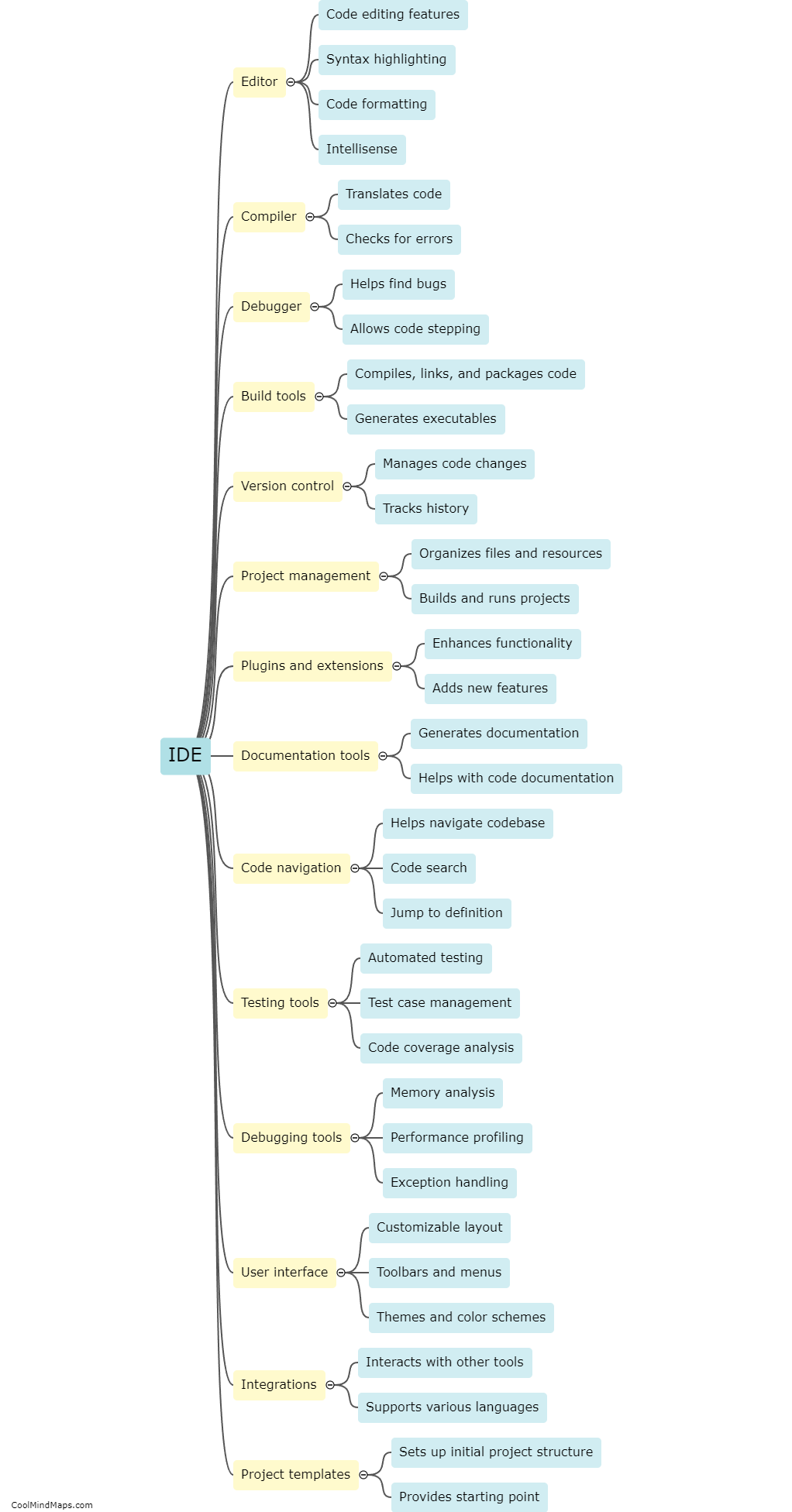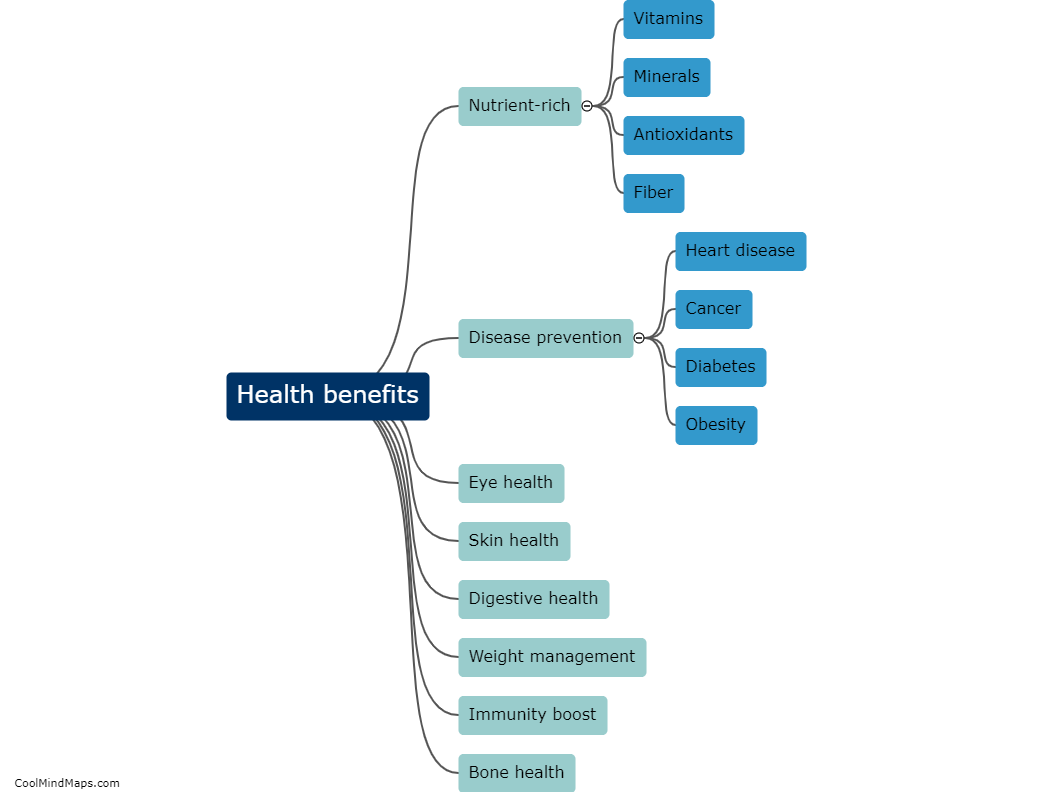How do KPIs, OKRs, and IDPs contribute to organizational success?
KPIs (Key Performance Indicators), OKRs (Objectives and Key Results), and IDPs (Individual Development Plans) play critical roles in driving organizational success. KPIs provide a measurable yardstick to assess performance and progress towards organizational goals. They enable companies to identify areas of improvement and make data-driven decisions. OKRs, on the other hand, set ambitious yet achievable objectives for teams or individuals, outlining the key results that should be delivered. By aligning individual and team efforts with larger organizational goals, OKRs foster a sense of purpose, focus, and accountability. Finally, IDPs facilitate employee growth and development by identifying their strengths, weaknesses, and career aspirations. By addressing individual skill gaps and fostering continuous learning, IDPs contribute to a more skilled and motivated workforce, enhancing overall organizational success. Collectively, KPIs, OKRs, and IDPs serve as vital tools that drive performance, alignment, and growth within organizations.

This mind map was published on 19 November 2023 and has been viewed 93 times.











